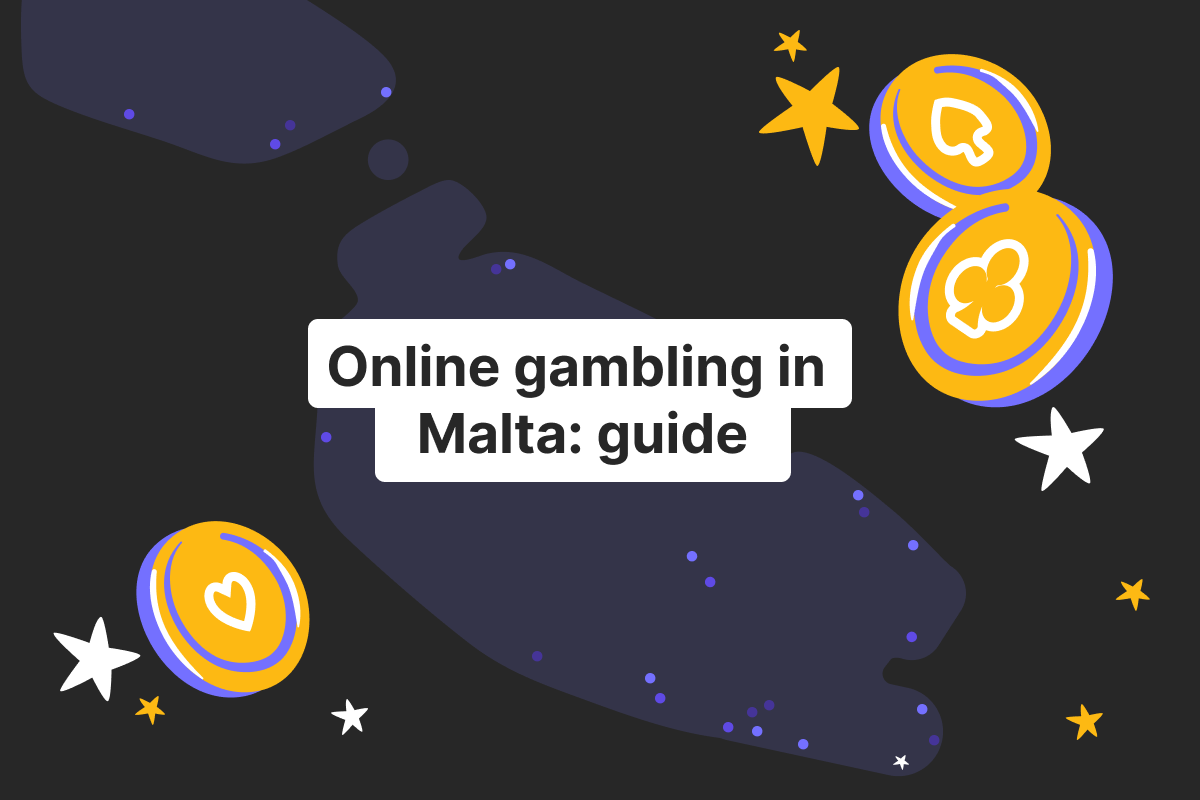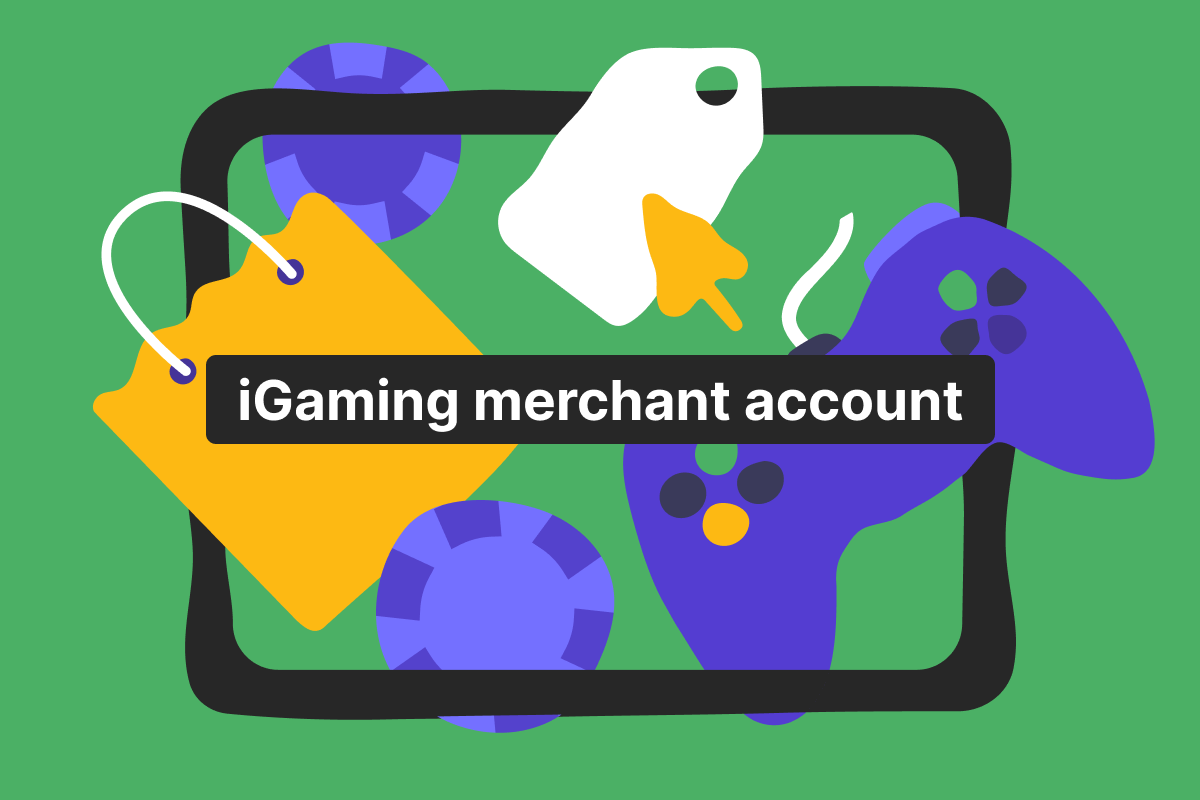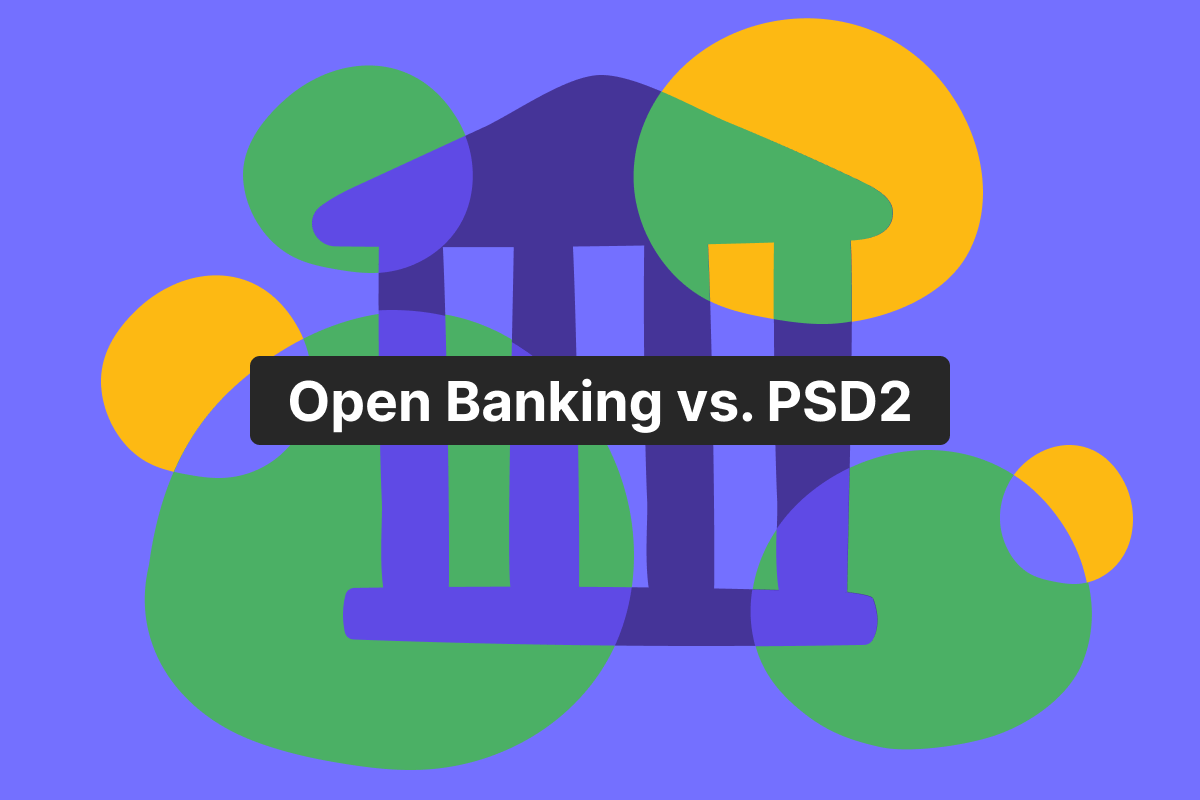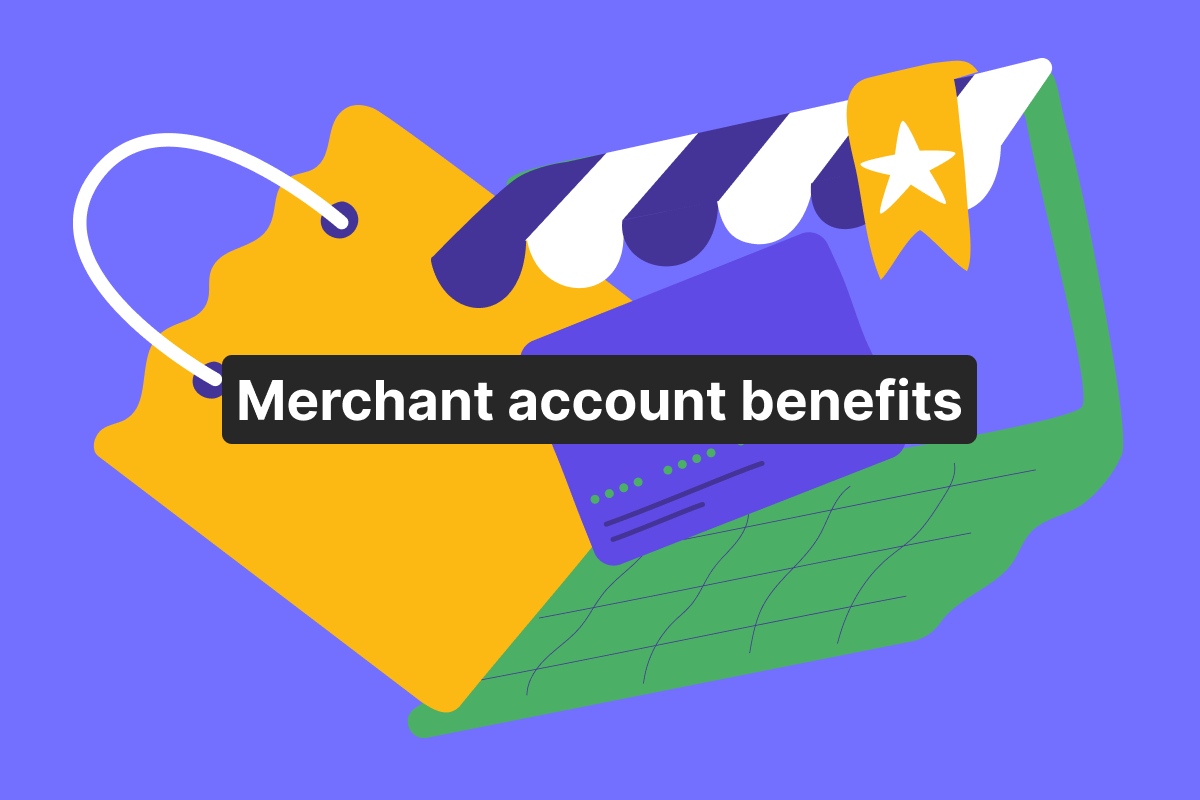Malta is a small European country that earned a considerable reputation as a hub for online gambling activities. It was the first EU member state to regulate online gaming products back in 2004 when the Maltese government effectively established the benchmark for licensing, fairness, and responsible gambling practices.
However, the Maltese license is valuable for gaming companies not only because gambling has become legal in the state but also because of the favorable tax regime for such businesses.
We are talking casino games, horse racing, and sports betting games – many online gambling platforms from the gaming industry are welcome there.
Any gaming service license is regulated. After all, to be licensed, gambling businesses must meet specific requirements. These requirements include being a big platform provider, such as an online casino operator, or a small gambling site willing to operate under Maltese local law.
The Maltese gambling industry presents itself as a strong regulatory framework, and it is. Maltese gambling law is based on these pillars: promoting responsible gambling, transparency, protecting clients’ financial and data interests, and ensuring criminal liability. The Malta Gaming Act sets the foundation for all gambling activities in the country.
Regulatory overview: Malta Gaming Authority
The Malta Gaming Authority (MGA) is the cornerstone of Malta’s gambling regulation. Established in 2001, the MGA oversees the licensing and supervision of all gambling activities in the country, including online casinos, sports betting platforms, and poker rooms.
Their primary mission is to ensure a secure, fair, and transparent gaming experience while creating an attractive business environment and issuing licenses for businesses to conduct gambling activities.
MGA license types differ, each suited to different business models within the gambling sector – for online casinos, land-based casino games, national lottery, games premises (including sports betting), and bingo halls.
B2B business is separated into distinct categories, primarily for game developers, software providers, and other back-office activities.
To sum up, The MGA offers:
B2C licenses (Gaming Service License) for operators involved in online casino games, sports betting, lotteries, etc.
B2B licenses (Critical Gaming Supply License) for software/platform providers, game developers, etc.
There are 4 types of Malta gaming licenses:
Type 1: Games of chance played against the house (casino games, slots, etc.)
Type 2: Games of chance played against the house (sports betting)
Type 3: Peer-to-peer games (poker, bingo, betting exchanges)
Type 4: Controlled skill games (fantasy sports, some eSports)
To obtain online gambling licenses, online casino operators must meet minimum requirements. These include demonstrating a share capital of at least €40,000 to €100,000 (depending on the license type), providing evidence of financial stability, and presenting a detailed business plan to get a Malta gaming license.
The MGA also assesses the operator’s ownership and management structure to ensure integrity and transparency before issuing online gambling licenses.
Licensed operators must follow compliance measures to maintain their licenses. It includes annual financial and operational audits, as well as the implementation of responsible gambling tools and strict data protection practices in line with the GDPR. Specifically:
Deposit limits. Allowing players to set maximum deposit amounts over specific timeframes (daily, weekly, monthly).
Wagering requirement. Enabling players to cap the amount they can wager within a set period.
Loss limits. Permitting players to limit the amount of money they can lose over a defined timeframe at the game.
Session time limits. Allowing players to restrict the duration of their game sessions.
Reality checks. Providing periodic notifications to players about their gaming activity duration.
Self-exclusion options. Offering players the ability to exclude themselves from gaming activities for specified periods or indefinitely.
Another important part is anti-money laundering measures – gambling licensed operators should be in line with these regulations. For the most part, this is about verifying the identity of players, especially when transactions exceed certain thresholds or when suspicious activity is detected.
The other gambling license requirements are record keeping for transactions and ongoing monitoring of players’ transactions and behavior to identify and report suspicious activities. You can find more information in MGA’s compliance audit manual.
Genome: supporting the iGaming sector
Getting a license for your iGaming business is not the only crucial step toward making your company successful. You also need a reliable financial provider, like Genome. We are an electronic money institution that provides services for many countries in Europe, including Malta, as well as other jurisdictions.
We have several benefits that are key to iGaming companies:
Streamline large-scale C2B2C transactions with Genome’s batch transfer feature. Businesses can process multiple deposits and payouts at once, whether through open banking platforms or direct disbursements.
Businesses can enable real-time client payment notifications through our API using webhooks – ideal for iGaming platforms to instantly trigger customer alerts.
Handle large numbers of payouts at once and integrate our API with different accounting and business management systems.
Access multi-currency accounts: start up to 5 accounts per currency: EUR, USD, GBP, PLN, CHF, JPY, CAD, CZK, HUF, SEK, and AUD. Link most currencies to virtual and physical Visa cards (Google Pay, Apple Pay, Garmin Pay-compatible).
Benefit from SEPA Instant Transfers – make payments within seconds and use them for batch transfers as well.
Open an account
in Genome online
Payment options and financial management in Malta
Gambling and online casinos are B2C businesses, and they should have access to a wide range of payment options to satisfy players’ diverse preferences. Online gambling here isn’t any different, and the best online casinos and businesses that provide gambling services offer multiple payment methods.
Thus, players typically use credit and debit cards, e-wallets, prepaid cards, cryptocurrencies, and traditional bank transfers to fund their gambling activities, such as Malta’s online casino games. These options provide flexibility for players and help game operators do business comfortably in different markets.
In recent years, payment methods have evolved to prioritize security and efficiency. Licensed operators in Malta must comply with a strict anti-money laundering know-your-customer (KYC) system.
Such requirements can lengthen the client onboarding process, but secure payment gateways and encrypted connections help protect sensitive financial information, reducing the risk of fraud and data breaches.
Additionally, Malta’s position within the EU allows operators to benefit from the Single Euro Payments Area (SEPA), making cross-border transactions within the EU more efficient.
In addition to batch transfers and API payouts, Genome can offer dedicated IBAN accounts, multi-currency support, and SEPA Instant Transfers that significantly enhance transaction speed and reliability.
We provide a fast payment process, SEPA, international money transfers, and a smoother payment experience for businesses. Genome also prioritizes security and compliance, as we are licensed and supervised by the Bank of Lithuania, comply with PCI DSS, DORA, PSD2, and GDPR, and have achieved ISO 27001 / 27701 certifications.
Emerging trends in Malta’s iGaming industry
Malta’s gambling sector is somewhat unique. As of 2023, the industry contributed approximately 12% to Malta’s GDP, generating €1,34 billion in gross value added and employing over 16,000 individuals, accounting for about 5,2% of the national workforce.
Key trends:
Mobile game dominance. In 2025, Malta’s mobile games market is projected to reach a revenue of 5,86 million USD, with an annual growth rate (CAGR 2024-2029) of 7,07%, expected to reach 7,68 million USD by 2029.
Integration of VR and AR. Online casinos are actively adopting new technology to get user engagement and provide immersive gaming experiences. Players can interact with other players and virtual casino staff, creating a more social and engaging environment.
Cryptocurrency and blockchain adoption. Thanks to a decentralized and transparent platform for transactions offered by blockchain, players stay loyal because they can safely see and track their gaming activity.
Artificial Intelligence (AI) use. AI is revolutionizing online casinos by personalizing user experiences, detecting fraudulent activities, and predicting player behaviors, and Malta has positioned itself as a leader in adopting the latest technologies.
Gamification and social features. Online gambling operators are incorporating game elements such as leaderboards, tournaments, and social interaction features. This way, clients remain more engaged with gambling activities and can also form communities as a result.
To remain competitive and compliant, gambling operators, regardless of whether online casinos, sports betting companies, or just small mobile games, should approach such matters with caution. Because cryptocurrency and AI regulations are only to be established in the future, thus prioritizing responsible gaming and data security today to stay safe is the best move.
Challenges and opportunities in online gambling
Malta’s gambling sector, despite its enormous success, faces several challenges in today’s global market. So, getting a gaming license is just the first step. Regulatory changes, such as evolving EU directives and AML requirements, require casino and gambling operators to be agile and vigilant to ensure continued compliance.
New technologies have emerged, such as AI and new payment methods like cryptocurrency – both of which are still subject to evolving regulatory frameworks across different jurisdictions. Not to mention, the iGaming industry professionals should always keep up with the shifting behaviors of players, as well as responsible gaming measures.
For operators, investing in advanced fraud detection tools, compliance automation, and data-driven insights can turn these hurdles into competitive advantages. Gambling operators can capitalize on growth opportunities by forging strategic partnerships with good fintech providers and technology specialists.
Regulation may change according to people’s preferences, but reliable and cost-effective transactions will make any game better. So, before you apply for the MGA license, keep these challenges in mind and start preparing a strategy to deal with them.
Open an account
in Genome online
Conclusion
As Malta remains a global leader in online gambling, understanding the regulatory frameworks and embracing secure, innovative payment solutions is essential for gambling operators to succeed.
The MGA offers a straightforward licensing system and fosters a secure and transparent environment for players and gambling businesses alike. At the same time, rapid technological advancements and evolving consumer behaviors are reshaping how operators engage players and manage risk/implement player protection now and in the future.
To succeed, gambling operators must stay in touch with compliance and innovation and get a reliable payment provider, and challenges will turn into opportunities.
FAQs: everything you need to know about online gambling in Malta
What makes Malta a popular hub for online gambling?
Malta is a top choice for online gambling companies because it has clear laws, low taxes, and strong rules to keep things fair and safe. The Malta Gaming Authority (MGA) provides one of the most respected licenses in the industry, offering credibility to operators and protection to players. The country’s EU membership also ensures regulatory alignment with European standards, making it attractive to international operators.
How is online gambling regulated in Malta?
Online gambling in Malta is regulated by the Malta Gaming Authority (MGA), which oversees licensing, compliance, and enforcement. The MGA ensures that operators meet high standards in terms of fairness, responsible gaming, and anti-money laundering measures. All licensed operators must undergo strict audits and maintain transparent operations. The MGA also offers player protection tools and dispute resolution mechanisms to keep the industry safe and fair.
What types of online gambling are legal in Malta?
All major forms of online gambling are legal in Malta, including sports betting, casino games, poker, lotteries, and fantasy sports. Each type requires a specific license from the MGA. The system is designed to be flexible and comprehensive, allowing operators to offer a full suite of services under one jurisdiction. Innovations like live casinos and mobile-first platforms are also fully supported by the regulatory framework.
Are Maltese-licensed gambling sites safe for players?
Yes, Maltese-licensed gambling sites are considered very safe. The MGA imposes rigorous requirements around game fairness, player fund protection, and responsible gambling tools. Operators must separate player funds from operational accounts and use certified software providers. The MGA also monitors licensees closely and can impose penalties or revoke licenses if regulations are not followed, ensuring high standards of security and trust.
How does Malta ensure responsible gambling?
The MGA mandates that all operators, casino sites, etc., provide responsible gambling tools, including deposit limits, time-outs, and self-exclusion features. Operators must also monitor player behavior for signs of problem gambling and offer support resources. Malta’s framework includes collaboration with mental health organizations and treatment providers, reinforcing its commitment to player well-being.






